Researchers have created jellyfish whose nerve cells light up when they fire, offering a tantalizing view of neurology before the rise of the brain.


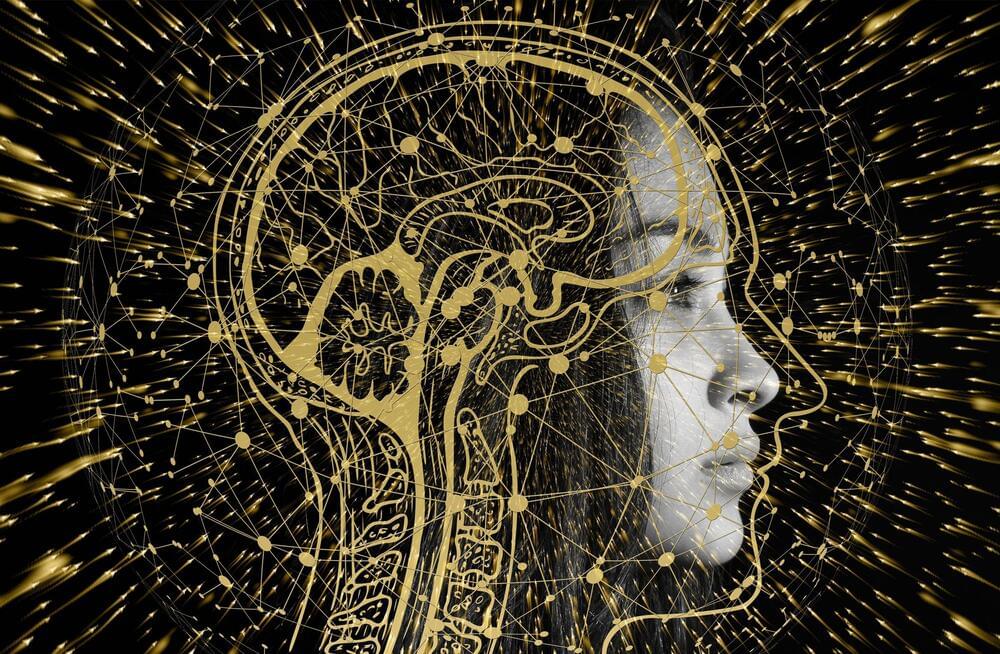
The Neuro-Network.
𝐍𝐞𝐰 𝐦𝐞𝐭𝐚𝐜𝐨𝐠𝐧𝐢𝐭𝐢𝐨𝐧 𝐫𝐞𝐬𝐞𝐚𝐫𝐜𝐡 𝐩𝐫𝐨𝐯𝐢𝐝𝐞𝐬 𝐢𝐧𝐬𝐢𝐠𝐡𝐭 𝐢𝐧𝐭𝐨 𝐡𝐨𝐰 𝐭𝐡𝐞 𝐛𝐫𝐚𝐢𝐧 𝐥𝐨𝐨𝐤𝐬 𝐚𝐭 𝐢𝐭𝐬𝐞𝐥𝐟
𝙄𝙣 1,884, 𝙬𝙝𝙞𝙡𝙚 𝙖𝙩𝙩𝙚𝙢𝙥𝙩𝙞𝙣𝙜 𝙩𝙤 𝙙𝙚𝙛𝙞𝙣𝙚 𝙩𝙝𝙚 𝙡𝙞𝙢𝙞𝙩𝙨 𝙤𝙛 𝙝𝙪𝙢𝙖𝙣 𝙥𝙚𝙧𝙘𝙚𝙥𝙩𝙞𝙤𝙣, 𝘾𝙝𝙖𝙧𝙡𝙚𝙨 𝙋𝙞𝙚𝙧𝙘… See more.
In 1,884, while attempting to define the limits of human perception, Charles Pierce and Joseph Jastrow discovered something else: the limits of our insight into ourselves.
Participants in their experiments systematically under-rated their ability to correctly judge their own sensations, which Pierce and Jastrow offered as an explanation of “the insight of females as well as certain ‘telepathic’ phenomena”. These particular implications have thankfully been left behind (along with the conceptual relationship between telepathy and female insight). But by the late 1970s this approach of asking participants to rate their own performance had emerged as its own field of research: the study of “metacognition”.
Broadly, this ability to self-reflect and think about our own thoughts allows us to feel more or less confident in our decisions: we can act decisively when we’re confident we are correct, or be more cautious after we feel we’ve made an error.
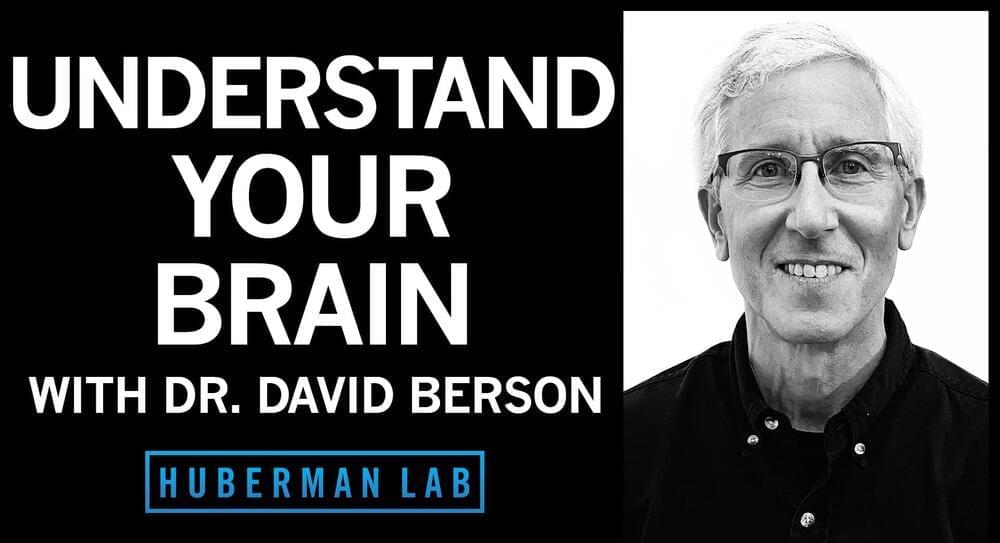
Listen: YouTube | Apple Podcasts | Spotify
In this episode, Dr. Huberman is joined by Dr. David Berson, Professor and Chairman of Neuroscience at Brown University. Dr. Berson discovered the neurons in your eye that set your biological rhythms for sleep, wakefulness, mood and appetite. He is also a world-renowned teacher of basic and advanced neuroscience, having taught thousands of university lectures on this topic. Many of his students have become world-leading neuroscientists and teachers themselves.
Here Dr. Berson takes us on a structured journey into and around the nervous system, explaining: how we perceive the world and our internal landscape, how we balance, see, and remember. Also, how we learn and perform reflexive and deliberate actions, how we visualize and imagine in our mind, and how the various circuits of the brain coordinate all these incredible feats.

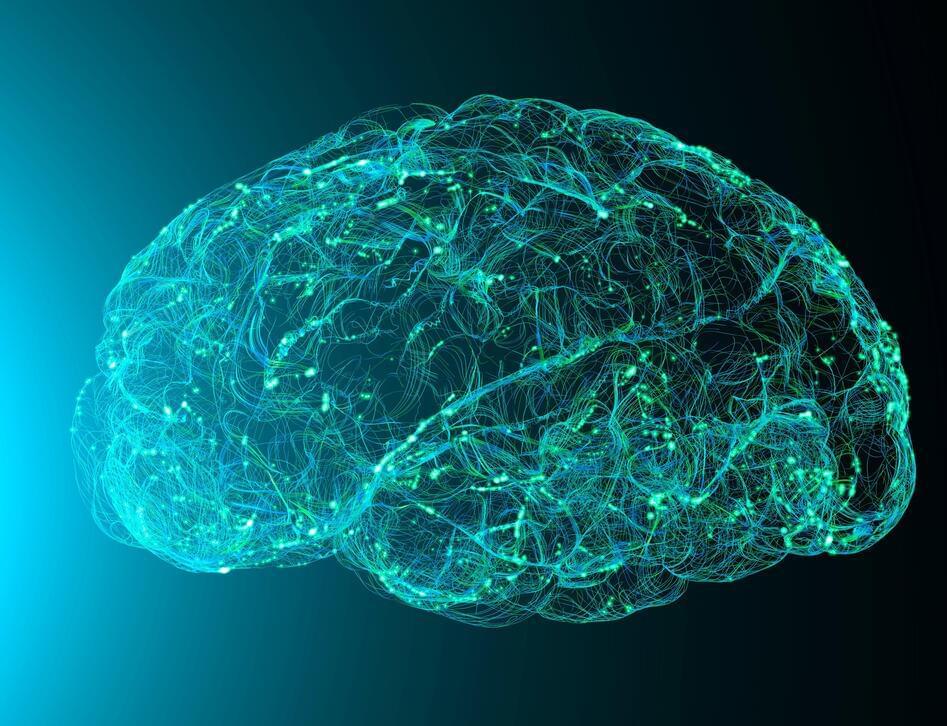
A common solution is emerging in two different fields: developmental biology and neuroscience.
facebook Share on Facebook Share on Twitter Share via Email.

Infection during pregnancy with elevated levels of the cytokine IL-17a may yield microbiome alterations that prime offspring for aberrant immune responses, mouse study suggests.
Though many people with autism spectrum disorders also experience unusual gastrointestinal inflammation, scientists have not established how those conditions might be linked. Now MIT
MIT is an acronym for the Massachusetts Institute of Technology. It is a prestigious private research university in Cambridge, Massachusetts that was founded in 1861. It is organized into five Schools: architecture and planning; engineering; humanities, arts, and social sciences; management; and science. MIT’s impact includes many scientific breakthroughs and technological advances.
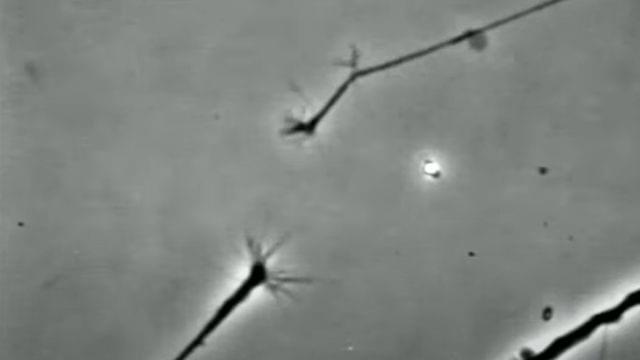
In this video, Dr. Lila Landowski shares footage of two neurons connecting in a dish. Here’s what Lila had to say about the footage:
You’re watching two neurons that I saw under the microscope sensing one another and connecting.
There are 86 billion neurons in the brain — how do they know how to connect to other neurons or body parts when our bodies are developing?

When the perception of bodily self-consciousness is distorted… See more.
Summary: When the perception of bodily self-consciousness is distorted, the recovery of body ownership can be predicted by different kinds of memories.
Source: University of Tsukuba
Scientists and philosophers have pondered the nature of consciousness for centuries. But now, researchers from Japan have uncovered new information that challenges previous theories about the relationship between two elements of consciousness.
In a study published this month in iScience, researchers from the University of Tsukuba have revealed that when the perception of bodily self-consciousness is distorted, the recovery of body ownership can be predicted by different kinds of memories.
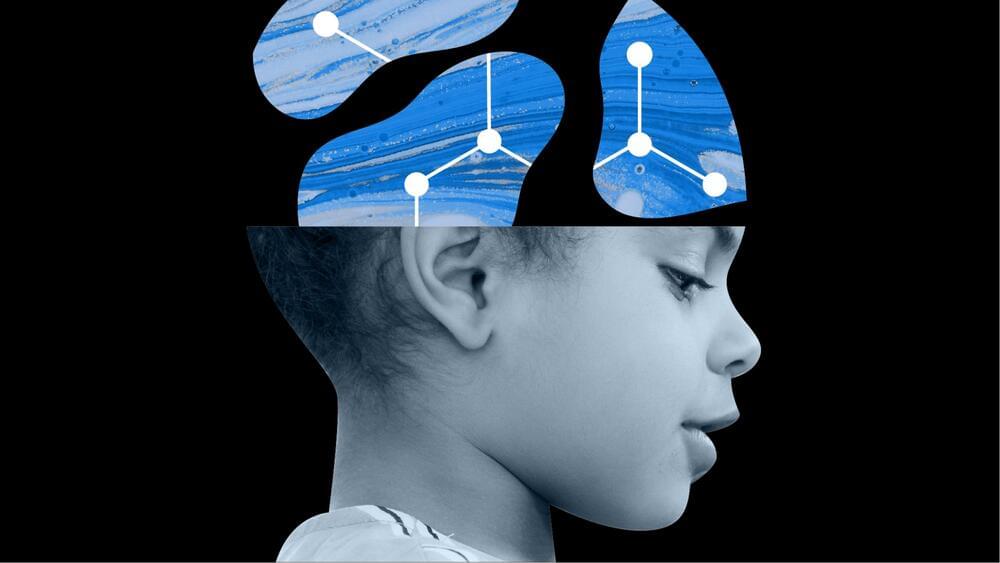
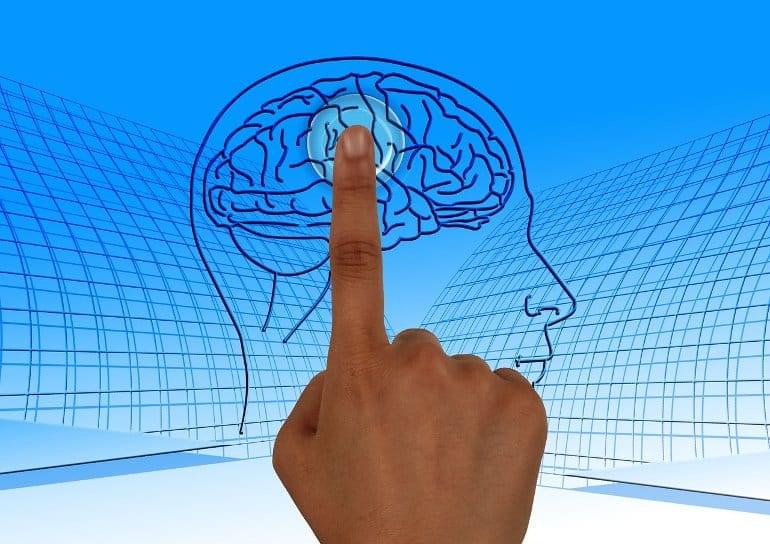
Researchers have refined a molecule that shows promise for the prevention of Parkinson’s disease.… See more.
Summary: Researchers have refined a molecule that shows promise for the prevention of Parkinson’s disease.
Source: University of Bath
A molecule that shows promise in preventing Parkinson’s disease has been refined by scientists at the University of Bath in the UK, and has the potential to be developed into a drug to treat the deadly neurodegenerative disease.
Professor Jody Mason, who led the research from the Department of Biology and Biochemistry at Bath, said: “A lot of work still needs to happen, but this molecule has the potential to be a pre-cursor to a drug. Today there are only medicines to treat the symptoms of Parkinson’s—we hope to develop a drug that can return people to good health even before symptoms develop.”